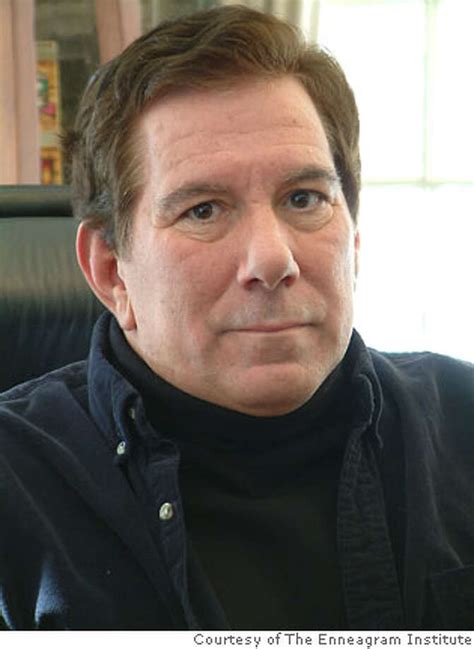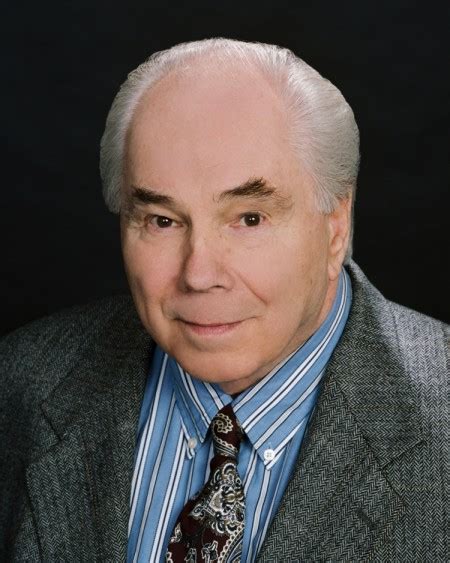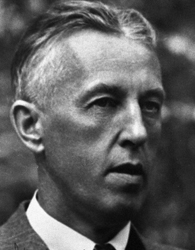A Quote by William Drummond
As we had no part of our will on our entrance into this life, we should not presume to any on our leaving it, but soberly learn to will which He wills.
Related Quotes
Tis in ourselves that we are thus or thus. Our bodies are our gardens, to the which our wills are gardeners: so that if we will plant nettles, or sow lettuce, set hyssop and weed up tine, supply it with one gender of herbs, or distract it with many, either to have it sterile with idleness, or manured with industry, why, the power and corrigible authority of this lies in our wills.
If we tend to the things that are important in life, if we are right with those we love, and behave in line with our faith, our lives will not be cursed with the aching throb of unfulfilled business. Our words will always be sincere, our embraces will be tight. We will never wallow in the agony of ‘I could have, I should have’. We can sleep in a storm. And when its time, our goodbyes will be complete.
In fact, life is our greatest teacher. Whatever we are doing can be instructive, whether we are at the office, or talking to our spouse, or driving a car on the freeway. If we are present to our experiences, the impressions of our activities will be fresh and alive, and we will always learn something new from them. But if we are not present, every moment will be like every other, and nothing of the preciousness of life will touch us.
Our life is composed of events and states of mind. How ewe appraise our life from our deathbed will be predicated not only on what came to us in life but how we lived with it. It will not be simply illness or health, riches or poverty, good luck or bad, which ultimately define whether we believe we have had a good life or not, but the quality of our relationship to these situations: the attitudes of our states of mind. (34)
If we learn to accept our imperfections with humor, as the reflection of our very humanity, we will experience humility and tolerance, we will understand that we are already filled with forgiveness, we will see the gift of our lives, the chains will fall away, and we will be free -- free not so much from fear or 'dependence,' but free for love, for life itself.
I'm sure that in the fullness of time we'll learn that one or more of these seemingly promising technologies were dead ends. And that's the nature of innovation, and that's why we should spread our bets; we should not put our eggs in any one basket. Some of these will be grand successes, some of them will be average, and some of them will be abject failures.
The real question is whether we can learn anything from our experiences upon which we may grow and help others to grow in the likeness and image of God. We know that if we rebel against doing that which is reasonably possible for us, then we will be penalized. And we will be equally penalized if we presume in ourselves a perfection that simply is not there. Apparently, the course of relative humility and progress will have to lie somewhere between these extremes. In our slow progress away from rebellion, true perfection is doubtless several millennia away
As long as civilization is essentially one of property, of fences, of exclusiveness, it will be mocked by delusions. Our riches will leave us sick; there will be bitterness in our laughter, and our wine will burn our mouth. Only that good profits which we can taste with all doors open, and which serves all men.
It is very strange, this domination of our intellect by our digestive organs. We cannot work, we cannot think, unless our stomach wills so. It dictates to us our emotions, our passions.... We are but the veriest, sorriest slaves of our stomach. Reach not after morality and righteousness, my friends; watch vigilantly your stomach, and diet it with care and judgment. Then virtue and contentment will come and reign within your heart, unsought by any effort of your own; and you will be a good citizen, a loving husband, and a tender father—a noble, pious man.
I am seized with an abiding fear regarding what these two instruments are doing to our society, our culture and our heritage. Our history will be what we make it. And if there are any historians about fifty or a hundred years from now, and there should be preserved the kinescopes for one week of all three networks, they will there find recorded in black and white, or color, evidence of decadence, escapism and insulation from the realities of the world in which we live.






































